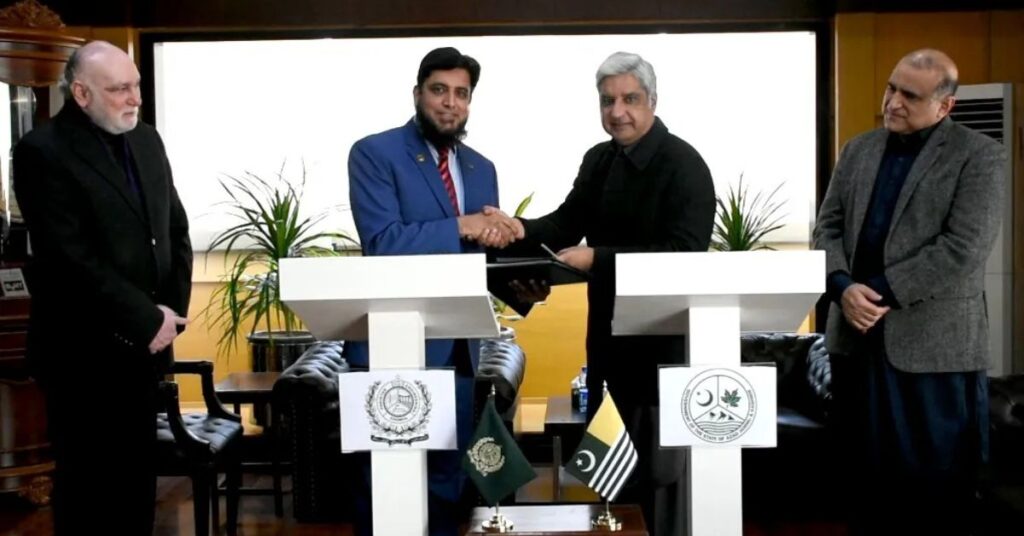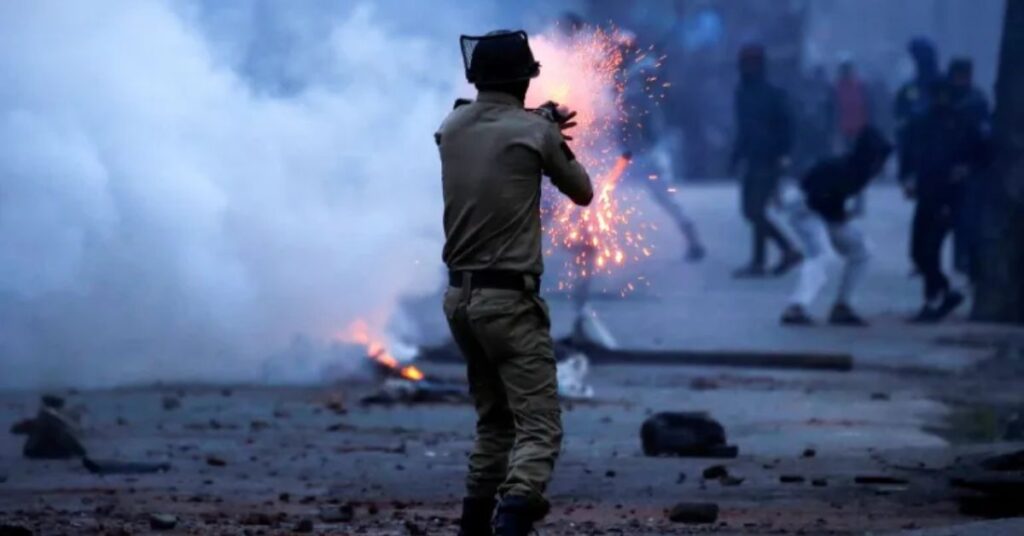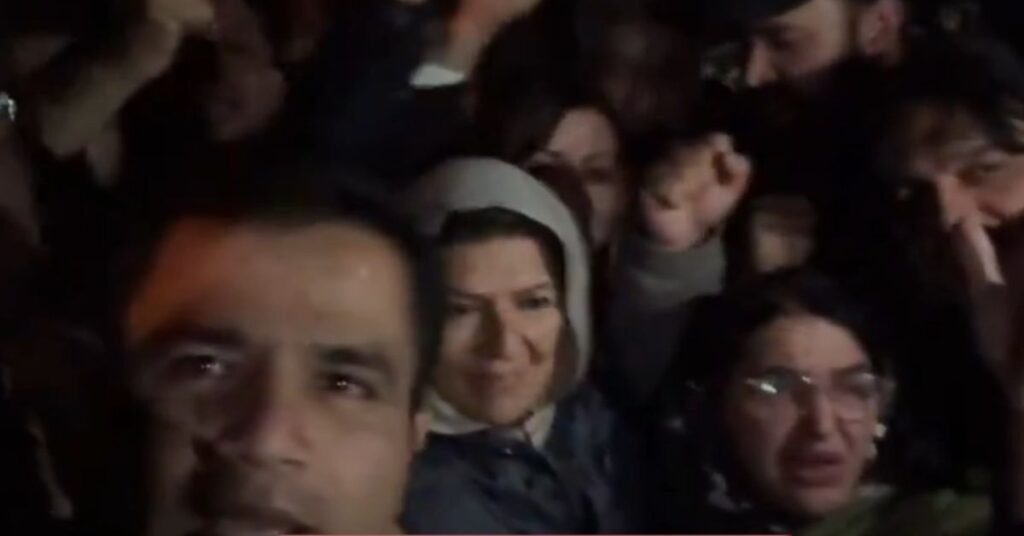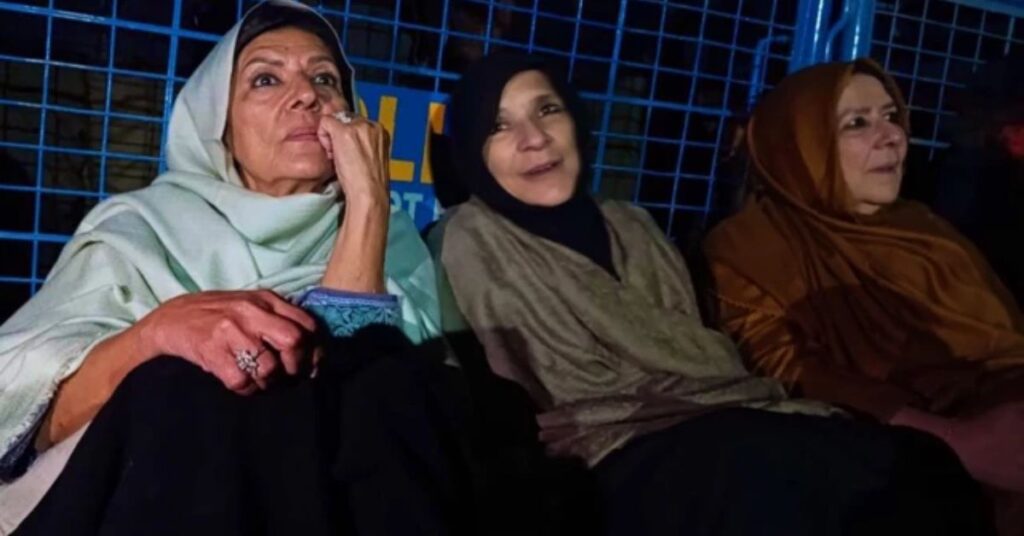GENEVA (Kashmir English): Speakers at a side event during the 58th UN Human Rights Council session in Geneva highlighted the serious human rights implications of demographic changes in conflict zones, particularly in Kashmir, the region which has been has reeling under India’s belligerent military occupation since decades.
Organized by the World Muslim Congress, Kashmir Institute of International Relations, and International Women and Children Union, the event gathered politicians, legal experts, human rights advocates, and scholars to discuss the impact of demographic shifts in conflict areas.
Shedding light on different aspects of the conflict, the speakers noted that forced displacement, ethnic cleansing, and settlement policies significantly affect human rights, altering access to resources, political representation, and cultural identity, which can escalate tensions and prolong conflicts.
Demographic engineering in Kashmir
They also raised serious concerns about Indian government’s use of demographic engineering as a tool for warfare and its impact on international human rights norms.
Pointing to dire human rights situation in Indian occupied Jammu and Kashmir, they said that ongoing conflict has resulted in forced migration, displacement, and the marginalization of the local population, alongside widespread human rights abuses.
They criticized the Indian government’s settler policies, stating that these demographic changes have transformed the region’s cultural, religious, and political dynamics.
Regarding India’s strategy to modify the region’s demographics, they noted that the repeal of articles 370 and 35A by the Indian government has accelerated efforts to effect significant changes in the area.
The speakers underlined the perilous elements of the newly enacted domicile law, asserting that it allows Indian authorities to strip Kashmiris of their land, employment, and other rights.
Citing statistics, they mentioned, “More than 1.5 million non-Kashmiris are now eligible under the 15-year category of the domicile law, not including the other two categories, which represents 15 percent of Kashmir’s current population.”
They highlighted that India has issued over 3.4 million dubious domicile certificates to non-Kashmiris.
They argued that the implementation of new laws, combined with the Indian government’s settler colonialism policies, has resulted in the political disempowerment and marginalization of the majority community.
Additionally, they pointed out that the government’s ethnic cleansing policies have led to severe human rights violations and the deaths of over 100,000 Kashmiris since 1990.
The ongoing conflict, they stated, has also caused the forced migration of over half a million Kashmiris over time.
Despite increasing demands for a peaceful resolution to the protracted dispute, they lamented that India persists in its efforts to alter the demographic makeup of the occupied territory, which they claimed violates international law, including the Fourth Geneva Convention.
A distinguished panel of speakers who addressed the event included Prof. Dr. Blerim Mustafa Expert on post-Cold War self-determination Prof. Joseph Wronka Professor of Social Work, Springfield College, and Massachusetts, Ghulam Muhammad Safi Representative WMC and Convenor APHC, Dr. Shagufta Ashraf Representative Community Human Rights and Advocacy Center and others.
The event was moderated by permanent representative WMC to UN and Chairman KIIR Altaf Hussain Wani.




